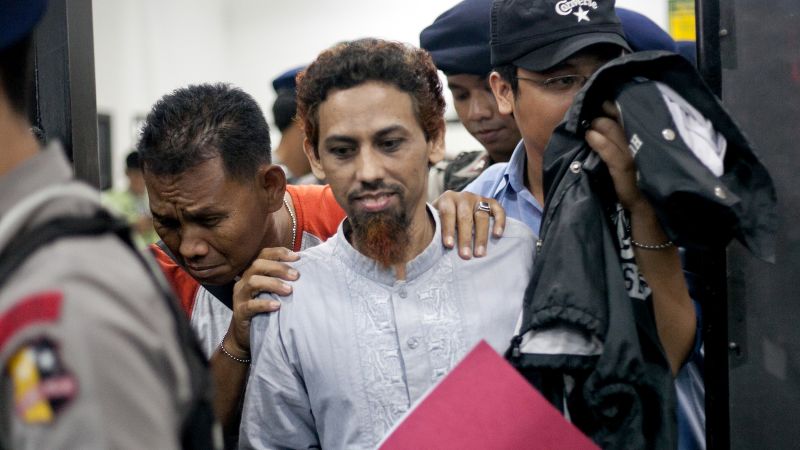The Facts
On Wednesday, Indonesia released Umar Patek — the Islamic militant sentenced to 20 years in prison in 2012 for his involvement in the 2002 Bali bombings — on parole for good behavior after serving little more than half his sentence. Indonesian authorities claim Patek, also known as Hisyam bin Alizein, had been reformed and will help to deradicalize young militants.
In a statement announcing his freedom, Indonesia's law and human rights ministry said Patek will be required to join a "mentoring program" until April 2030. The ministry affirmed that his parole would be revoked if he violates any of its terms.
The Spin
Establishment-critical narrative
Human rights are sacrosanct, yet the thought of Patek living a normal life is difficult to bear. Patek's release will cause fresh trauma for survivors and the victims' grieving families, who still find it hard to process what happened 20 years ago. Allowing a dangerous terrorist to walk free is injustice, a slap in the face, and an absolute disgrace.
Pro-establishment narrative
Patek's rehabilitation has been closely monitored by Indonesian authorities. After undergoing a deradicalization program he has shown changes and has pledged allegiance to Indonesia. Such a gesture is important for humane criminal justice policies, and to support the deradicalization of youth who may be under the sway of Islamist extremism.
Narrative C
The anger and disappointment surrounding Patek's early release could severely dent Australia-Indonesia diplomatic relations. Though his freedom is Indonesia's internal matter and concerns its domestic legal processes, Jakarta must assure Australia that he will be kept under intensive supervision and monitored 24x7 — there are geopolitical implications to this "rehabilitation process."


